Typing a huge paragraph with your true feelings, but then erasing it and typing 'yeah.'
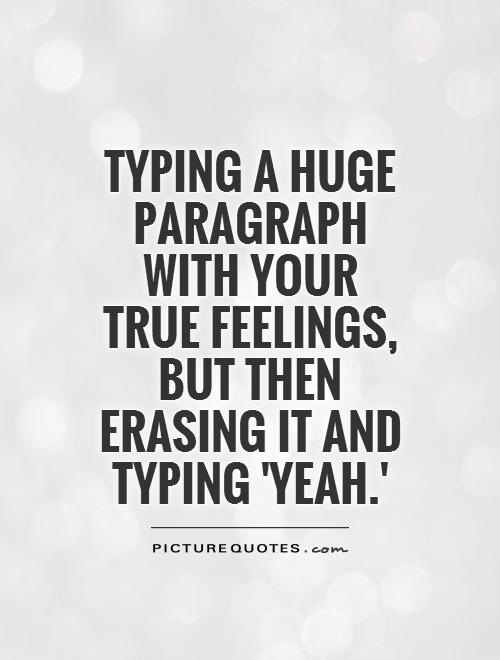
Typing a huge paragraph with your true feelings, but then erasing it and typing 'yeah.'
In today's digital age, texting has become one of the primary forms of communication. It allows us to quickly and easily convey our thoughts, feelings, and emotions to others with just a few taps on a screen. However, sometimes we find ourselves struggling to express our true feelings in a text message. We may type out a long, heartfelt paragraph pouring our heart out, only to hesitate and delete it all, replacing it with a simple "yeah."This phenomenon is not uncommon, as many of us have experienced the internal struggle of wanting to be honest and vulnerable in our communication, but also fearing the potential consequences of being too open and raw. We may worry about being judged, misunderstood, or rejected by the recipient of our message. As a result, we often opt for a safer, more neutral response to avoid any potential discomfort or conflict.
Typing out a huge paragraph with our true feelings and then erasing it can be a cathartic experience in itself. It allows us to process our emotions and thoughts, even if they are never actually shared with the intended recipient. It can be a way for us to release pent-up emotions and express ourselves in a safe and private space.
However, the act of erasing our true feelings and replacing them with a simple "yeah" can also be a form of self-censorship. It may prevent us from fully expressing ourselves and connecting with others on a deeper level. It can create a barrier between us and the people we are communicating with, leading to surface-level interactions and missed opportunities for genuine connection.


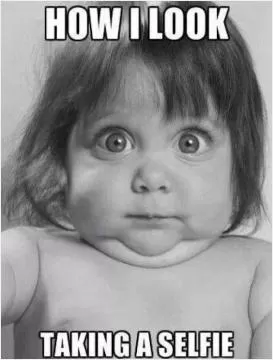



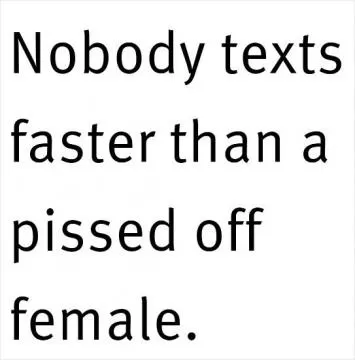


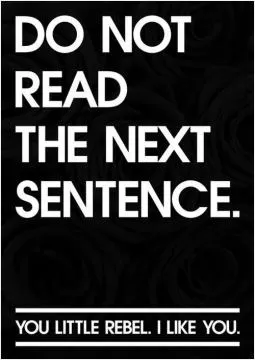

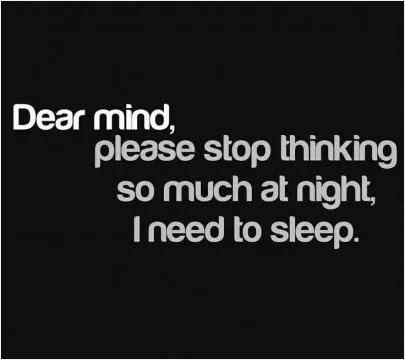
 Friendship Quotes
Friendship Quotes Love Quotes
Love Quotes Life Quotes
Life Quotes Funny Quotes
Funny Quotes Motivational Quotes
Motivational Quotes Inspirational Quotes
Inspirational Quotes